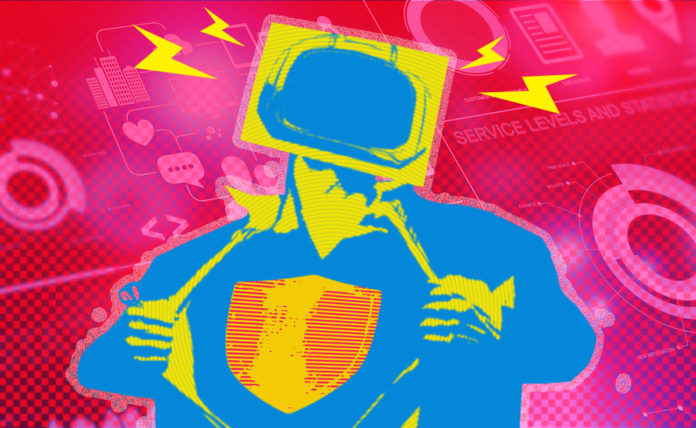

AI for IoT Security – Friend or Foe?
Unfortunately, some of the difficulties AI faces in cybersecurity can be exploited by hackers. Artificial intelligence can be used for IoT security, or it can be used against IoT security.

There's something that doesn't make the Internet of Things (IoT) reach its full glory, and that's security.
We've all heard the creepy stories of virtual assistants becoming unruly and calling fake support numbers. Who isn’t worried about mysterious young people hacking into smart coffee machines? These concerns are not unfounded, as security issues for IoT devices are not as easy as protecting personal computers.
Our good friend the robot appears. Not literally, "They don't look like humanoid robots from sci-fi movies. If you ask me, I'd say that's a shame."
Artificial intelligence and machine learning are often hailed as the saviors of IoT security, capable of analyzing staggering amounts of data in a short period of time.
It's certainly magical until it's used against you.
Let’s take a closer look at how AI can be applied to IoT security, and how it can be applied to IoT security, and then we’ll decide how friendly AI is to us in the long run, from Wall-E to Skynet.
Artificial Intelligence Protection
The most common application of artificial intelligence in IoT cybersecurity is data analysis. Diligent robots toil all day long looking for anomalies in the network. However, this approach introduces a fair number of false positives, since whatever the AI cannot recognize as normal, it will be considered a violation attempt, even if it is not, which is the case in most cases.
So, in order for artificial assistants to help us (this is called symbiosis), we also train them to recognize known attack patterns. In this way, it is able to filter out breaches that are less likely to be hacked.
However, there is a small problem. In order for our machine to know what a legitimate data breach looks like, we need to show it a case. And by “one,” I mean more than one, because AI needs to be able to spot similarities and patterns.
The problem is that, for a variety of reasons, compromised companies are unlikely to share specific data. First, if they do this, there's a chance the data could fall into the wrong hands and be used by them to find another vulnerability in their defenses.
The second reason is that sharing precise information about a data breach will involve and impact personal data to some extent. Therefore, a conflict arises between big data and privacy.
While this makes the quality of analysis that AI can perform somewhat limited, in IoT it is impossible to complete analysis without AI.
Artificial Intelligence Attack
Not all AI is as benevolent as described above. Sometimes, it can be used for the opposite purpose: to promote destruction rather than prevent them.
While machine learning analyzes strange events in the network, it can also intelligently analyze and identify the defenses used in IoT environments, because they are patterns after all.
What is detected is easier to bypass, which is what enemy-AI can be trained to do.
I remembered one more thing. Remember the data and privacy conflicts of protecting artificial intelligence? Well, hackers don’t have that problem. They can feed their pet robots anything, regardless of successful or failed attacks, because they apparently have no reservations about invading other people's privacy. Every bit of delicious data makes their AI smarter.
the final winner
This is a difficult question to answer because neither side can achieve complete victory. Today, good AI may win. If so, there's no guarantee it will win tomorrow.
Is this why AI is not used in IoT security? No! It’s not that hackers will stop using it out of politeness.
Artificial intelligence has huge potential in cybersecurity, but we shouldn’t expect it to perform miracles. Doing so puts us in a dangerous mindset that relies too much on AI. We must remember that while AI is undeniably useful, it is just a tool, and not perfect at that.
Original author: Dean Chester
This article is from a translation, if you want to reprint, please obtain authorization from this site first.
